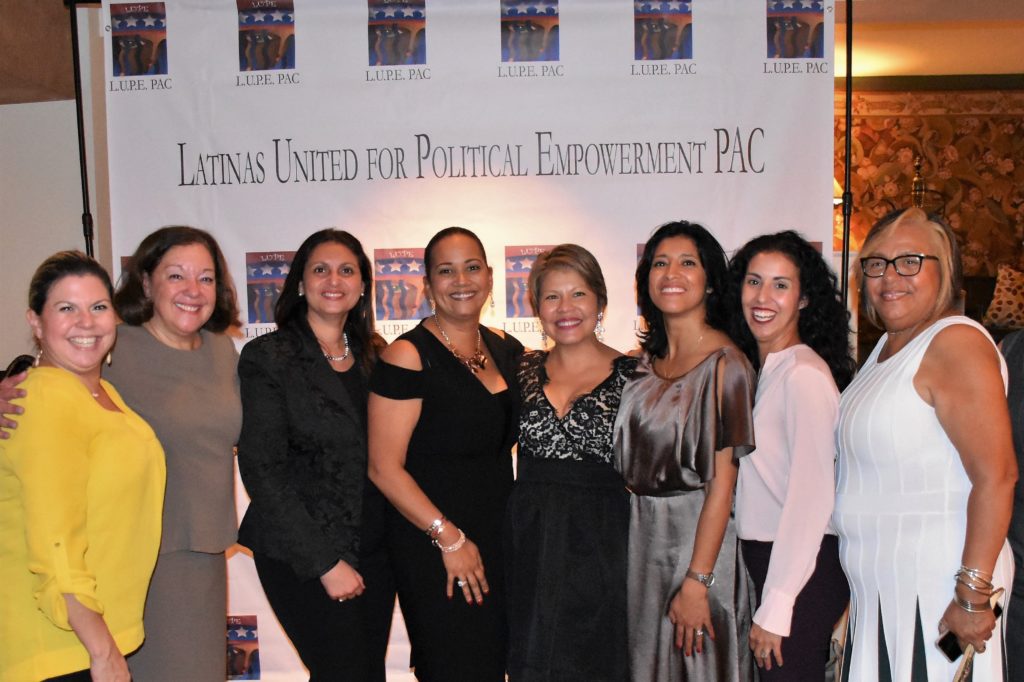LUPEPAC WELCOMES OPPORTUNITY TO JOIN SENATOR WEINBERG’S AD-HOC COMMITTEE ON SEXUAL HARASSMENT

LUPEPAC WELCOMES OPPORTUNITY TO JOIN SENATOR WEINBERG’S AD-HOC COMMITTEE ON SEXUAL HARASSMENT
TRENTON, NJ – January 10, 2020 – Latinas United for Political Empowerment PAC (LUPEPAC) President Laura Matos today released a statement praising State Senator Loretta Weinberg for naming LUPEPAC board member Sonia Delgado to the ad hoc committee the Senator formed to explore sexual harassment and misconduct in New Jersey politics. Senator Weinberg’s committee’s formation followed the recent Star-Ledger investigative piece detailing sexual harassment and misconduct in New Jersey politics and the appointment of Delgado to the committee came in response a request by LUPE PAC on New Year’s Day to be represented on the committee.
“We would like to thank Senator Weinberg for naming our LUPEPAC board member, Sonia Delgado, to her committee,” said Matos. “The letter we sent urging for diverse representation on the ad-hoc committee was driven by the fact that women of color have vastly different experiences in terms of sexual harassment and assault. According to a 2016 US EEOC Commission report, intersectional harassment is increasing in the workplace, meaning individuals who are harassed ‘…often experience mistreatment in multiple forms, such as because of one’s race and gender…’. That same study went on to cite multiple other studies, reports and sources regarding harassment among racial minorities, and concluded that ‘…current research may underestimate the extent and nature of intersectional harassment’. That is why it is so critical for diverse voices to actively participate in these conversations.
Matos continued, “The Senator’s committee will be an important step towards helping to create a safe workplace environment for women and inclusion and representation is a crucial component towards that mission. We applaud Senator Weinberg for working with us on our suggestions and we look forward to being an active part of these ongoing discussions and this critically important work.”









